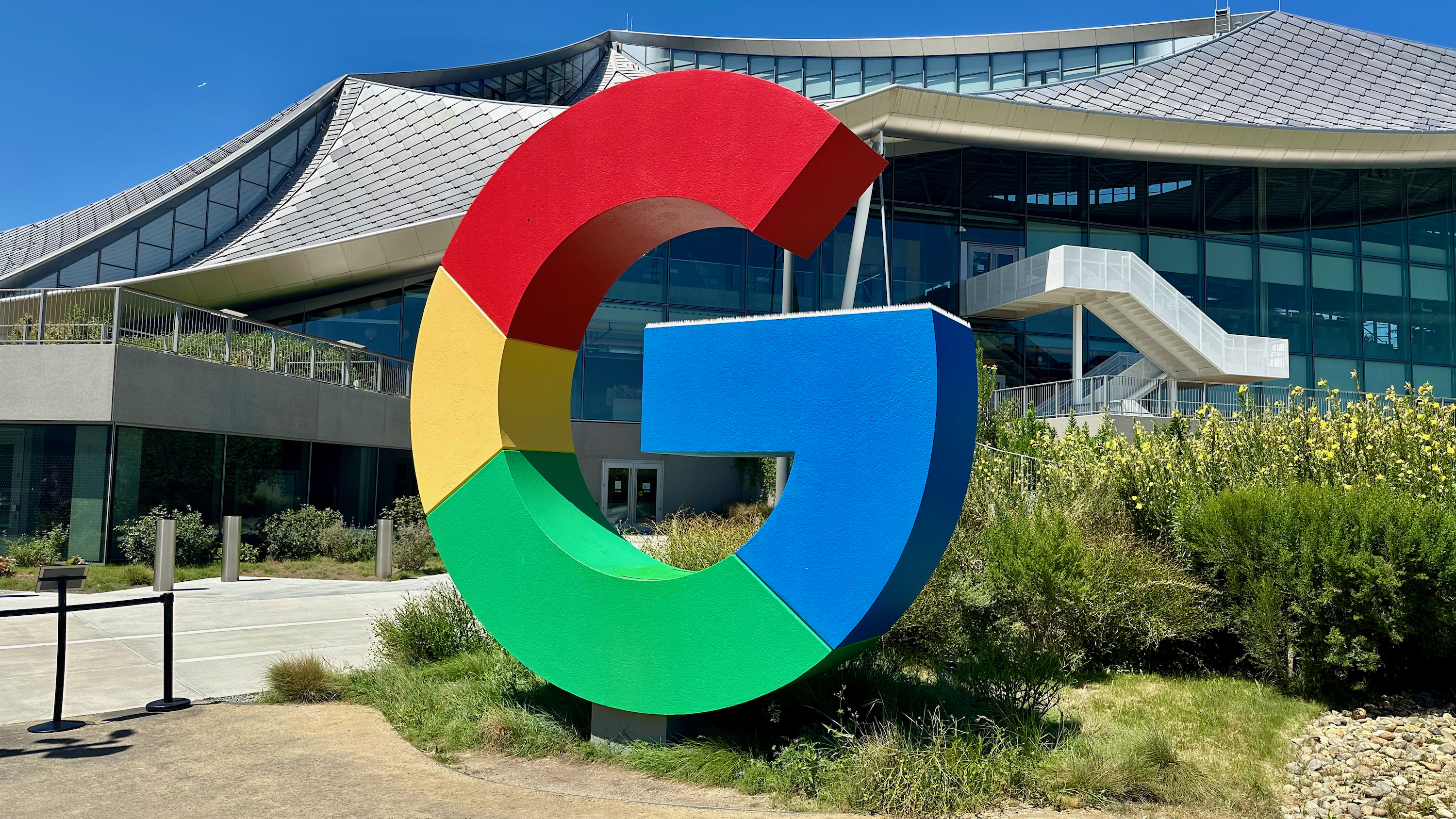
What you need to know
- The DOJ is considering antitrust actions that could lead to breaking up Google’s grip on online search by separating Android, Chrome, and other products.
- The U.S. government sees potential antitrust issues connecting Google’s Android, Play Store, Chrome, and Search services.
- Google argues the proposed changes could harm users and the business, warning that splitting Android or Chrome would increase costs and hurt competition.
Google could soon face regulatory action as the DOJ considers antitrust measures to rein in the company’s grip on online search, which could involve splitting off Android, Chrome, and related assets.
The U.S. Justice Department has unveiled an ambitious plan to tackle Google’s monopoly as part of its antitrust lawsuit against the company, as reported by CNBC. This comes on the heels of the DOJ's legal victory in August when a U.S. District Court labeled Google a “monopolist” for breaking antitrust laws in its efforts to stay the default search engine on devices and browsers.
The U.S. government has spotted a potential anticompetitive network connecting Android devices, the Google Play Store, Chrome, and Search.
To tackle these anticompetitive issues, the U.S. might push Google to be more transparent about alternative search options and let websites choose whether they want to be part of AI training. The Justice Department is also weighing more extreme steps, like making Google share search data with competitors or separating Chrome and Android.
The DOJ also wants to restrict Google's ability to form exclusive deals with companies like Apple and Samsung to maintain its search engine as the default. Google currently has partnerships with Samsung to share revenue from the Play Store and with Apple for search traffic on Safari.
Another bold option being considered would limit Google’s ability to use its products—such as Chrome, Play, and Android—to give Google Search and related services an edge in the market.
The proposed framework aims to address the issues caused by Google’s control over search distribution, revenue sharing, search result presentation, ad reach and monetization, as well as its extensive data collection and usage practices.
As expected, Google has pushed back against the proposed antitrust actions, claiming they would undermine user privacy and drastically reshape the company. Lee-Anne Mulholland, Google’s VP of Regulatory Affairs, voiced worries about forced data sharing, the possible separation of Chrome or Android, and the challenges of regulating AI tools.
Google argues that the DOJ’s proposed remedies could hurt consumers, businesses, and developers. The company claims that the demands are overly harsh and extend beyond the scope of the antitrust case.
The search giant has highlighted its major investments in Chrome and Android, claiming these products offer consumers free access to the web and Google services. The company warns that splitting up Chrome or Android could disrupt their business models, raise device costs, and weaken their ability to compete with Apple.
The recommendations are still up in the air. Judge Amit Mehta plans to rule on the remedies by August 2025, but if Google appeals, it could delay any lasting impact for several more years.







